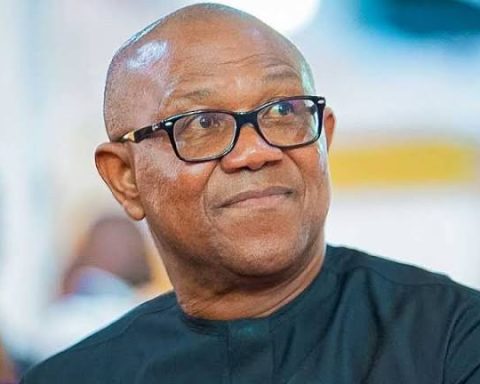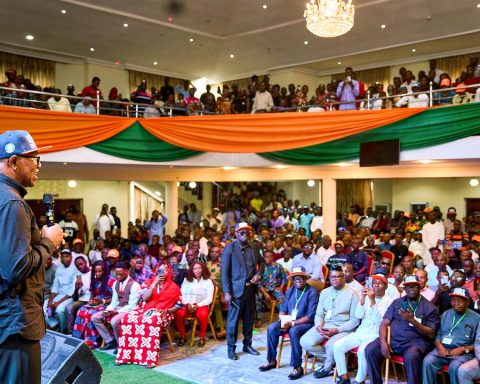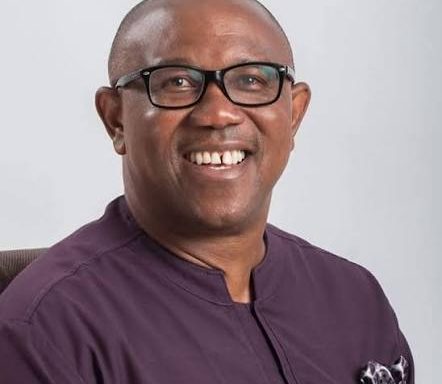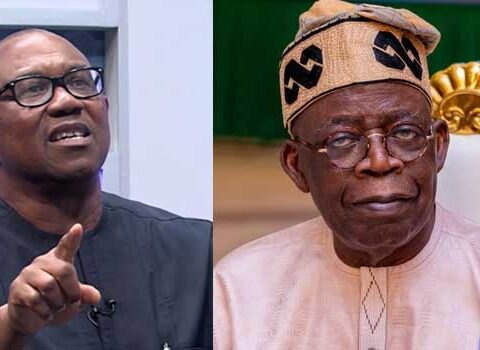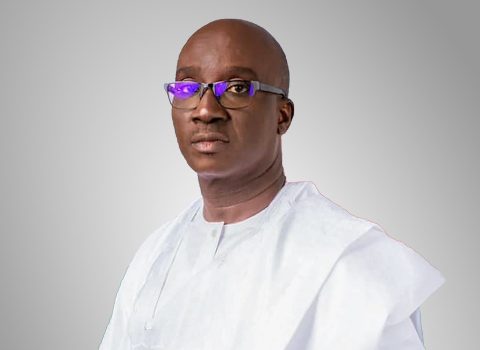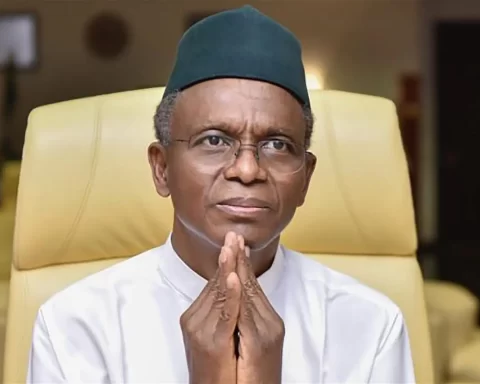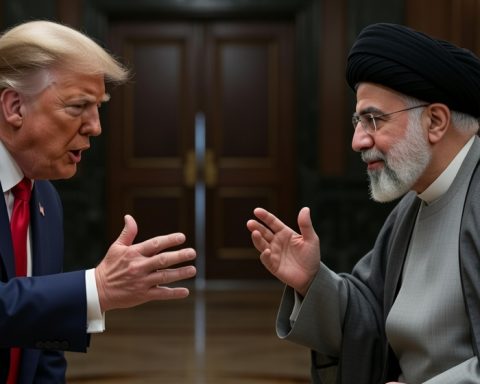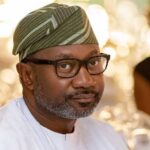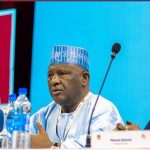Presidential candidate of the Labour Party in the 2023 general election, Mr Peter Obi, has expressed concerns about the general poor performance recorded in the 2025 Unified Tertiary Matriculation Examination (UTME), stating that it reflects the deep-rooted challenges in Nigeria’s educational system.
Obi stated this while reacting to the outcome of the examination.
Join our WhatsApp ChannelThe results of the UTME, which was taken last week by over 1.9 million candidates, was released on Monday by the Joint Admission and Matriculation Board (IJAMB), the body empowered by law to conduct examinations for admission into tertiary institutions in Nigeria.
According to the results announced by JAMB, a total of 1,955,069 candidates sat for the examination.
In a statement via his X handle on Tuesday, Obi expressed shock that only about 420,000 candidates scored above 200, while over 1.5 million scored below 200.
“This means that over 78% of the total candidates failed to meet the 200-mark threshold — a reflection of the deep-rooted challenges in our educational system,” Obi stated.
READ ALSO: JAMB: How To Check 2025 UTME Results
Most universities usually set 200 as their cut-off score for screening every year.
Lamenting about the poor outcome, Obi said the latest JAMB results has once again highlighted the consequences of underinvestment in the education sector for decades. He noted that the education sector ought to be central to the country’s national development strategy.
The former Anambra State governor compared Nigeria’s educational system with Bangladesh and Turkey.
According to him, while Nigeria’s total university enrollment stands at approximately two million students, the National University of Bangladesh — a single university — enrolls over 3.4 million students annually, despite the South Asian country having only about 75 per cent of Nigeria’s population.
He further stated that Turkey, with a population of about 87.7 million people, has over 7 million university students enrolled, which is more than three times Nigeria’s total university enrollment.
Speaking on development, Obi stated that “Bangladesh, which once lagged behind Nigeria in virtually every measurable development index, now surpasses us in all key areas of development and in the Human Development Index (HDI).”
He therefore called for robust investments in the Nigeria’s education sector, emphasising that education is not just a social service, but a strategic investment that drives national development and lifts people out of poverty.
“I have consistently said it: education is not just a social service; it is a strategic investment. It is the most critical driver of national development and the most powerful tool for lifting people out of poverty.
We must now invest aggressively in education — at all levels — if we are serious about building a prosperous, secure, and equitable Nigeria,” Obi added.


